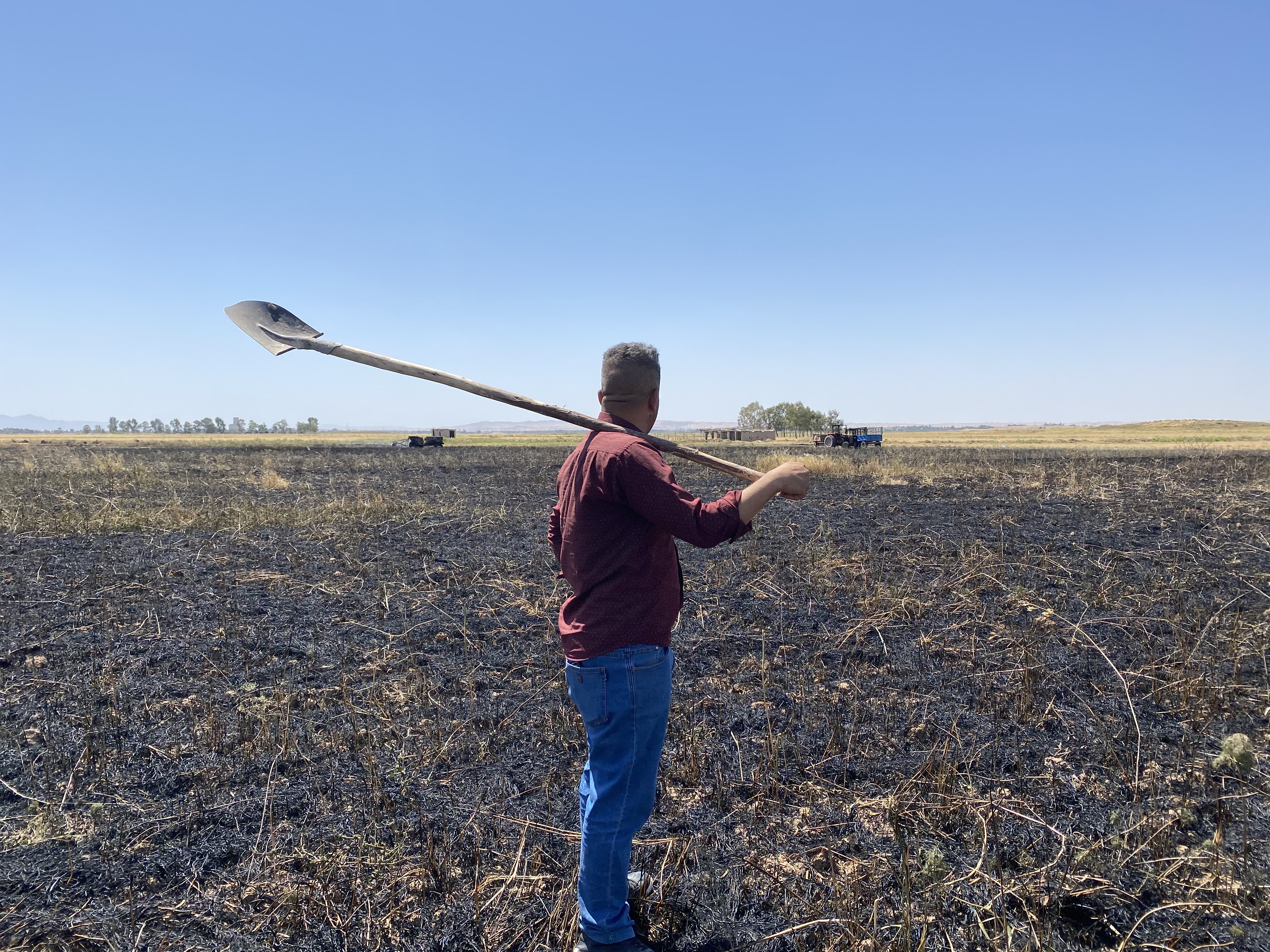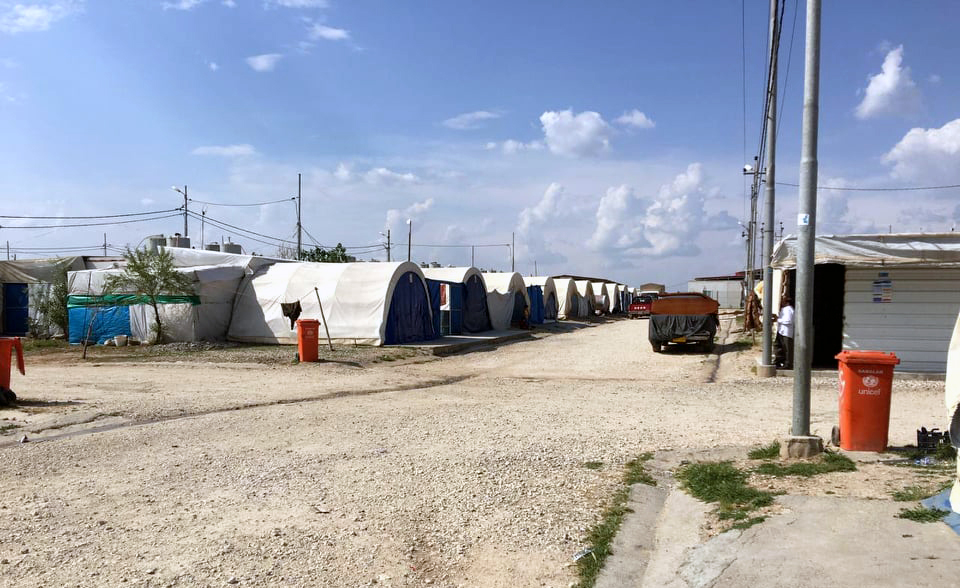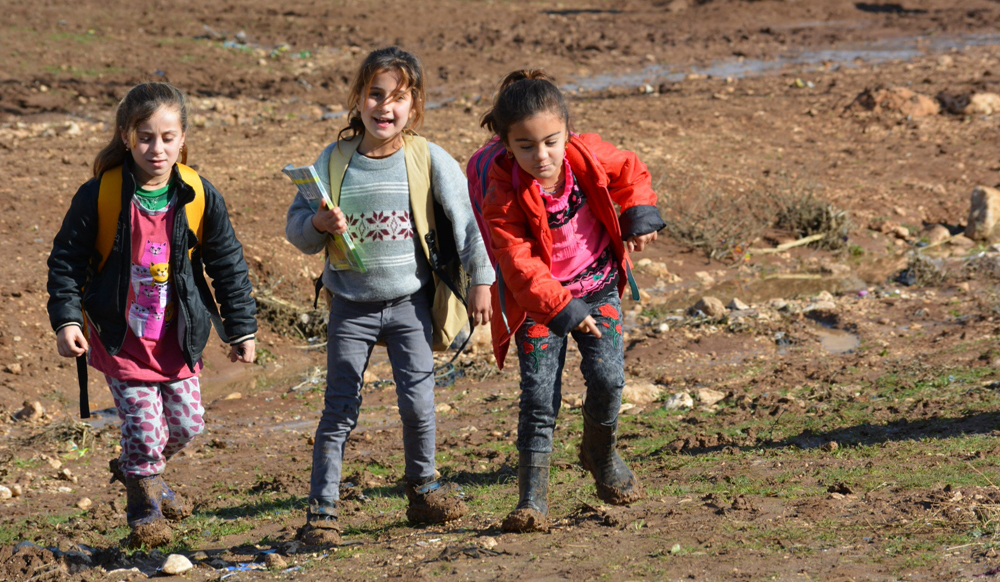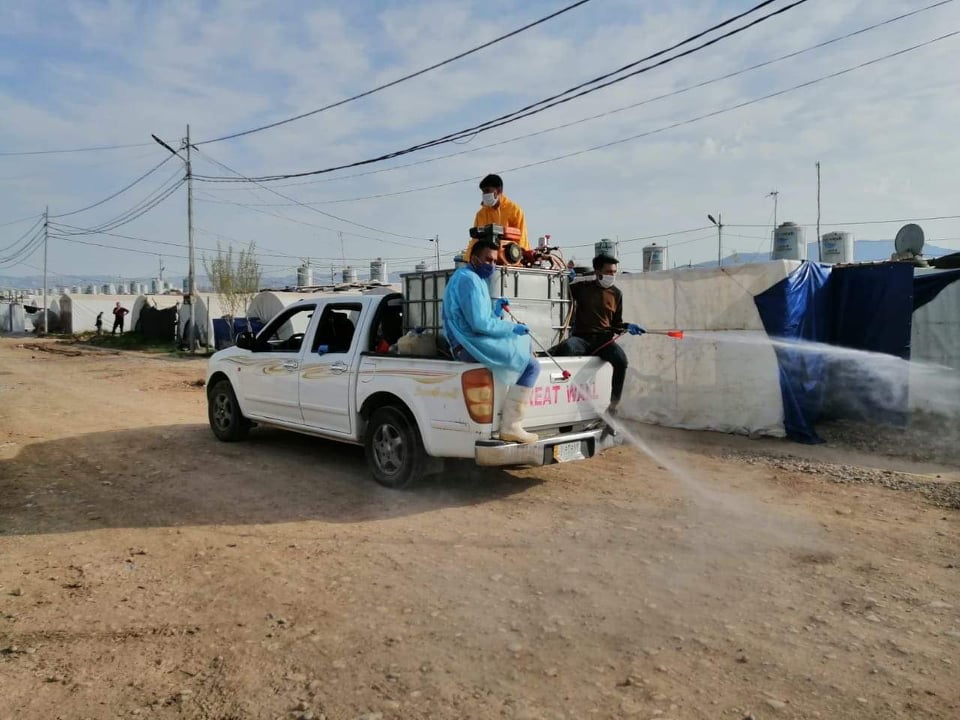Summary
The majority of internally displaced persons (IDPs) in Iraq come from Ezidi, Christian, Kaka’i and other religious minorities. Recently, these IDPs have been deprived of their livelihoods as well as emergency assistance due to the COVID-19 crisis. Additionally,minimal health services are available in the areas where the IDPs liveand it is extremely difficult to obtain basic medical necessities.For example, in one northern Christian sub-district, there is one doctor per 5,000 residents.In another example the government has employed only three general practitioners and provided one ambulance for 30,000 Ezidis living in Shingal district.
Between April and June 2020, KirkukNow, funded through the CREID consortium by Minority Rights Group (MRG), produced 12 journalistic reports on the challenges that minorities in Iraq face during the pandemic which were read by local government officials and international development organisations. After championing the needs of the IDPs through reporting and direct advocacy, KirkukNow’s work was highlighted by local community leaders and camp managers as influencing an increased supply of emergency provisions.

Diyala, March 2020, crops of Kaka'i community in Mekhas village set on fire – Photo by Amir Khanaqini.
Why this is important
KirkukNow’swork focuses on IDP camp residents and the home regions of Ezidis, Kaka’is, Christians, Shabaks, and Armenians in the Nineveh Plainand other disputed areas of Iraq, which were left in ruins during the attacks by ISIS and the war to push out the group.
Almost the entirety of Iraq’s infrastructure, including medical centres, has been destroyed, and Iraq’s minorities have been caught in thecrossfire. Of a total of 787,000 IDPs who reside within the northern Kurdistan Region of Iraq, 47% are from minority groups.Food and protective equipment inside the IDP camps is lacking, and health facilities are inadequate, while facilities in IDPs’ home regions are still in ruins where hospitals, physicians and other health workers lack key necessities, including medical equipment.
“We were in need of gloves, masks and food… KirkukNow conveyed our requests, and then the Ministry of Immigration sent us food aid, and a few NGOs provided preventive essentials. We thank KirkukNow for relaying our issues to the government in an honest way,” Khairi Darwesh Ezidi, IDP living in camps for six years due to ISIS attacks
Meanwhile, members of such communities are underrepresented in leadership positions often resulting in their interests are not often taken into consideration. The role of media outlets in conveying their voices and needs to authorities and society more broadly is therefore crucial.

Impact
The reports by KirkukNow have played a key role in obtaining medical and preventive essentials for IDPs in achallenging climate of lockdown and lack of funding for camps, where minorities have been living in dire conditions.
With the help of KirkukNow, emergency supplies via foodstuffs and other daily necessities has nowbeen distributed. The Iraqi Ministry for Immigration and Displacement was made aware of the plight of the minorities and has resumed sending monthly food aid, and a number of camp managers stressed that since the publication of the reports, they have received sanitizers, cleaning and preventive essentials from the Ministry and a number of humanitarian NGOs, while the UNHCR has distributed cash among 110,000 families in order to buy protective equipment.
“Medical and preventive essentials reached us, and we distributed them among the residents… that was made possible with the help of media outlets like KirkukNow, which constantly and accurately would report on the truth about the conditions people were living under during the COVID-19 outbreak,” Jalal Khalaf, Mayor of Ezidi-majority Tel Uzersub-district
Sardasht Ali Sha’bo, Shingal Mount Camp manager, commended KirkukNow for its role in highlighting IDPs’ needs through news reports which helpedthem to secure assistance.The head of Duhok’s Armenian Minority Affairs, YariwanAminian, also praised KirkukNow’s coverage on the poor living conditions of displaced Armenians.

The media reports have also helped to bring awareness to the plight of Ezidis unable to travel to work due to restrictions. The authorities, with the condition of testing and quarantine, have made exceptions for these workers to be able to travel, therefore assisting Ezidis to regain their mobility and source of income.





